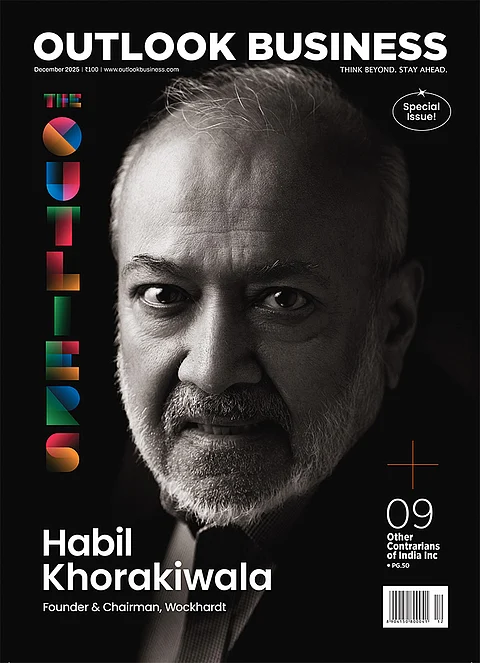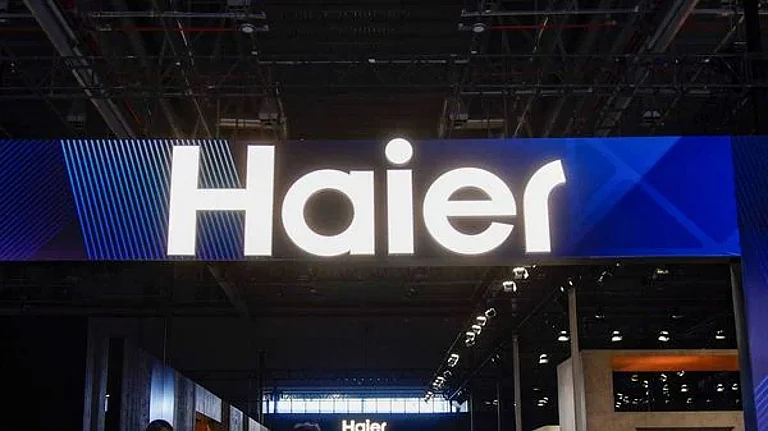“15% of the South Korean market is e-commerce. Even a fisherman puts his catch on eBay and it is sold and delivered as soon as he returns to shore,” Latif Nathani, managing director, eBay India illustrates which way the advanced e-commerce markets are going. However, back home in India, it is still a small fish in a big pond that has bigger fish.
Founded 20 years ago, eBay has been here for the past ten and in India is not the whale that it is globally. Much younger fishes Flipkart (44%), Snapdeal (32%), and Amazon (15%) willfully splash around the pond (market share as per a March 2015 Morgan Stanley report) and eBay’s market share is clubbed with others. It’s no secret that the ‘leaders’ have been terribly easy with their e-wallets during the past four years.
Quiz Nathani and he says like competitors they are not accountable to private or institutional investors. “We believe in focusing on our strengths and don’t focus on unsustainable practices of predatory-pricing, which actually, if continued, can be damaging to the overall growth of the e-commerce industry and can create a false consumer promise,” he adds.
But Arvind Singhal, a retail industry veteran and founder of Technopak thinks that some amount of spend is needed to build a brand. “No investor wants to burn cash willingly, but when you want market share, then a certain amount of cash burn is necessary. If you look at telecom or airlines, companies have burnt a lot of money, it’s only now that some of them are turning profitable,” he points out. Nathani disagrees and insists that their visibility must be judged over ten years and not merely by marketing spends. “If the competition is to see who can burn cash as fast as possible, then we don’t have any such fascination,” he says.
Intriguingly, despite its global heft and ability to splurge, eBay has been steady in its approach and its investment in Snapdeal had led to speculation that it would eventually buy a controlling stake and hence, market share. That has now simmered down as eBay has part-monied its stake in Snapdeal. Given this move, how exactly does eBay now plan to approach the Indian market?
Nathani says it will continue to play to its strengths. “Every ten seconds, somebody in the world is buying an eBay product from an Indian seller. We have 65,000 sellers from India selling to 150 million buyers across the world. We will continue to focus on building our cross-border business. Today 50% of our business is coming from mobile devices. We are building that too.” Last month, eBay tied up with the country’s top refurbishing companies to push refurbished goods to price-conscious buyers in tier 2 and tier 3 cities. Globally 26% of goods it sells are refurbished, but in India its just 4%.
Singhal feels eBay could have done better if it had tailored its approach to the Indian market. He opines, “They are trying the same model that they have practised elsewhere in the world whereas Flipkart, Snapdeal and even Amazon, continue to evolve and respond to India-specific challenges. Be it categories, payment gateways, mobile wallets, logistics, getting brands on board, or in some cases, financial support to merchants.” Nathani obviously doesn’t agree and goes on to lists a few innovations. “For us, India has been at the forefront of e-commerce innovation across many areas such as payments (PaisaPay), consumer protection (eBay Guarantee), shipping (PowerShip) and seller training (ePro),” he mentions.
While eBay’s customer connect in comparison to a Flipkart or Amazon leaves a lot to be desired, it could soon change given the cash from the part stake sale in Snapdeal. A Reuters report pegged the inflow at $200 million. “While we retain a significant portion of our original investment, over the past two years, the valuation of Snapdeal has significantly increased. This sale will enable us to strategically redeploy it into other areas of our business,” says Nathani. The hope is that the strategic redeployment will help it regain lost ground in India.











